

Table of contents:
In recent years, Japan has seen an influx of foreign nuisance YouTubers and social media influencers. Rather than respectfully engage with the culture, these people choose to cause disturbances and engage in disrespectful behaviors for views.
This phenomenon of nuisance streamers has led to heightened anxiety among locals and raised questions about the efficacy of existing Japanese laws and regulations.
1. Paul Logan: Aokigahara Incident Sparks Outrage in Japan
The Logan Paul incident in 2018 made international headlines. The famous American YouTuber, and social media influencer, filmed and broadcasted a disrespectful video in the "Suicide Forest" of Aokigahara, near Mount Fuji. The forest has been a well-known suicide spot since the 1960s. The forest is very dense and it is not uncommon to stumble upon an undiscovered dead body.
As suicide is seen as a taboo subject within Japan, the incident was perceived as disrespectful and sparked widespread outrage both domestically and internationally. This incident drew attention to the possibility of online fame through controversial acts in Japan.
2. Case Study: Johnny Somali's Arrest Following Provocative Stunts in Japan
In late 2023, one of the most infamous and problematic influencers in Japan was Johnny Somali, 23-year-old at that time. His real name is Ramsey Khalid Ismael. The American content creator was involved in a series of provocative stunts, leading to public outrage and his eventual arrest.
His actions included:
- Shouting “Hiroshima, Nagasaki. We do it again” in public places.
- Verbally abusing women on the street.
- Creating conflict with staff in restaurants.
- Trespassing on a construction site, which finally got him arrested in Osaka.
In January 2024, Johnny Somali was charged 200,000 yen (approximately $1400 USD) by Japanese court and kicked out of the country.
However, later that year Johnny Somali decided to continue his disruptive behavior in South Korea. This led him to be arrested by South Korean police in November 2024. At the time of writing this article, Johnny is still in South Korean jail awaiting trail, potentially facing a 10-year prison sentence.
3. Fidias Panayiotou: Fare Evasion and Public Deception in Japan
In late October 2023, a nuisance YouTuber from Cyprus, traveled long distances on the fast rail Shinkansen (bullet train) without paying. He was allegedly one of four different YouTubers who did this. Fidias locked himself in the train’s public toilet for hours trying to avoid the train conductor. He posted this video on YouTube to his 2.38 million subscribers.
When he was finally caught, he feigned illness.Then ran from the scene and caught another train to do the whole thing again. However, Fidias included videos of other social antics. He also posted other videos of himself:
- Lying to Kyoto hotel staff to get free food.
- Begging for money on the street.
Popular Articles

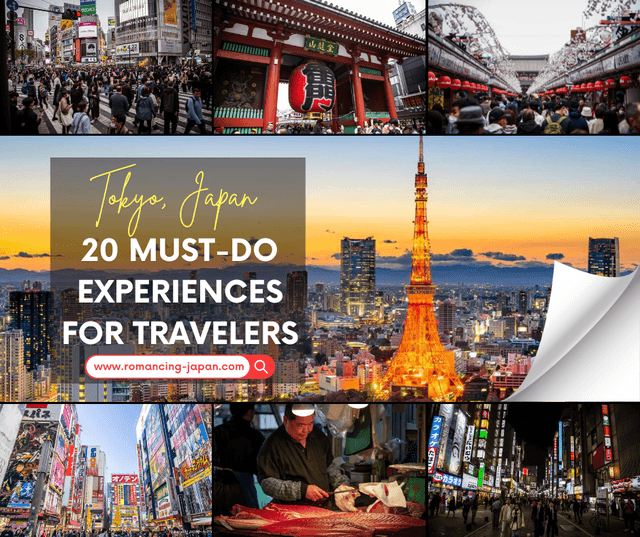
Tokyo Favorites: 20 Must-Do Experiences for Travelers
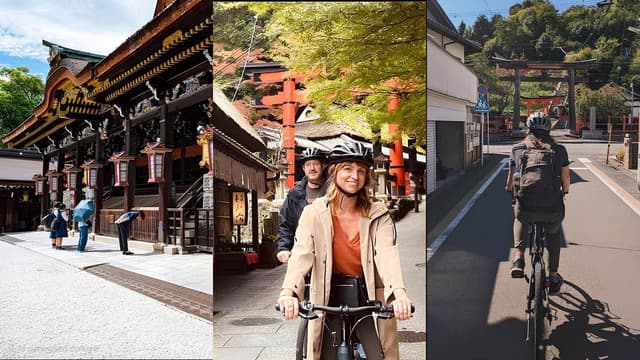
Kyoto Bike Tours: Discover the City’s Hidden Gems with Noru
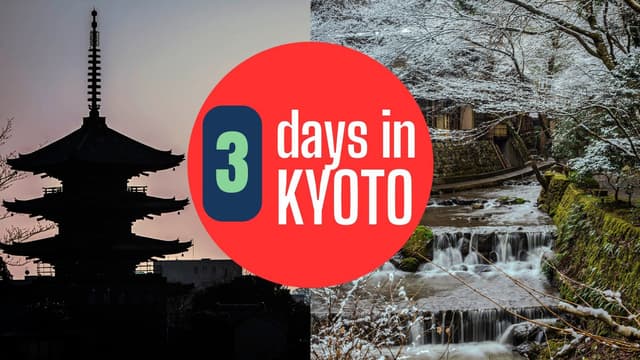
Kyoto 3-Day Itinerary: Best Things to Do for First-Time Visitors

Universal Studios Japan Tickets: Your Guide to Visiting USJ
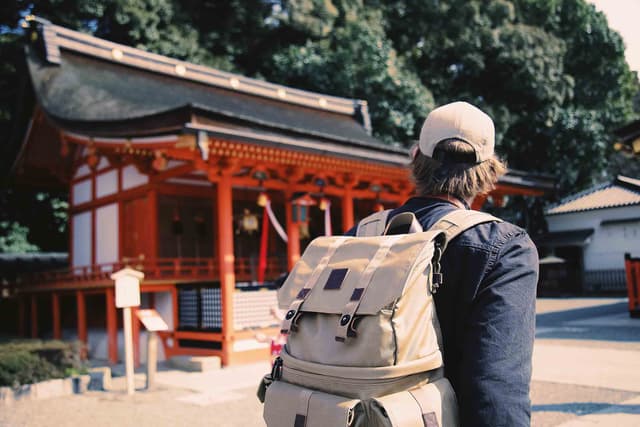
Find Out What Japan Really Thinks of Foreign Tourists

Manga Explained: Top Recommendations for Beginners
4. The Problem is Not Exclusive to Foreign YouTubers
While foreign YouTubers often make the headlines, it's important to note that the problem of disruptive content creators is not exclusive to the foreign populous. There have been several cases of Japanese youths posting inappropriate content online, indicating that this is a broader issue related to internet culture and the pursuit of online fame.
In early 2023, Japanese police arrested three individuals connected to viral "sushi terror" pranks at sushi conveyor belt restaurants. These pranks involved unhygienic acts such as licking communal soy sauce bottles and tampering with others' sushi orders.
4.1. Social Media Influencers Trigger Japanese Outrage
The trend has alarmed many in Japan and prompted action from sushi chains. These nuisance influencers have disrupted restaurant operations and harmed their reputation.
In response, some establishments have enhanced security measures, including sensor-equipped conveyor belts to detect tampering. These pranks have added to the challenges faced by restaurant businesses already struggling with economic issues.
5. The Social Impact of Nuisance Influencers
The actions of nuisance influencers like Johnny Somali have far-reaching consequences. The psychological impact on the Japanese public cannot be underestimated. Many residents feel violated and disrespected. There is a growing sense of frustration about the apparent lack of action from the authorities.
The actions of nuisance YouTubers have sparked widespread debate on social media. Many users have called for stricter regulations. While others believe that the disruptive content creators should be held accountable for their actions.
5.1. Disrupting Japanese Social Harmony
One reason the actions of these nuisance influencers are being taken so seriously is that they conflict with social concepts. The social concept of social harmony, or "wa" (和), is of the utmost importance in Japanese culture. It refers to the idea of maintaining balance, unity, and peaceful coexistence within the community.
Disrupting social harmony in Japan is a significant issue. The consequences of disruptive behavior can result in many Japanese people perceiving the presence of foreigners in Japan as a potential cause of social disruption and inconvenience.
5.2. The Reaction from the Japanese Government
In response to these incidents, the Japanese government has expressed its commitment to the freedom of content creators. Although it wants to promote respect for privacy and appropriate behavior.
However, the public has called for more action and clearer rules on acceptable behavior for influencers in Japan. As a response to the rise of nuisance YouTubers, Japanese police now conduct special training sessions to deal with such situations.
FAQs
What is a nuisance influencer?
A nuisance influencer is someone who creates disruptive or disrespectful content, often violating social norms, to gain online attention.
Why are nuisance influencers problematic in Japan?
Their actions disrupt public order, disrespect cultural norms, and can negatively affect how locals view foreign visitors.
What happened with Logan Paul in Japan?
In 2018, Logan Paul filmed a disrespectful video in Aokigahara Forest, a site known for suicides, leading to widespread outrage.
How has Japan responded to nuisance influencers?
Authorities have arrested individuals for disruptive behaviors and are considering stricter regulations to prevent such incidents.
What can visitors do to respect Japanese culture?
Visitors should familiarize themselves with local customs, behave respectfully in public, and avoid actions that could disrupt social harmony.
Loading Comments...

James Saunders-Wyndham
I've been immersed in Japanese culture and daily life for over 30 years and am proud to call Japan my home. Originally from Australia, my journey has taken me from teaching at Japanese universities to traveling extensively across the country, uncovering its hidden gems. As a web developer, I built Romancing Japan from the ground up to share these experiences with you. Whether it's the charm of old Kyoto, the pulse of Tokyo, or the tranquility of the countryside, I love helping others discover the magic of Japan—one story at a time.
Popular Articles
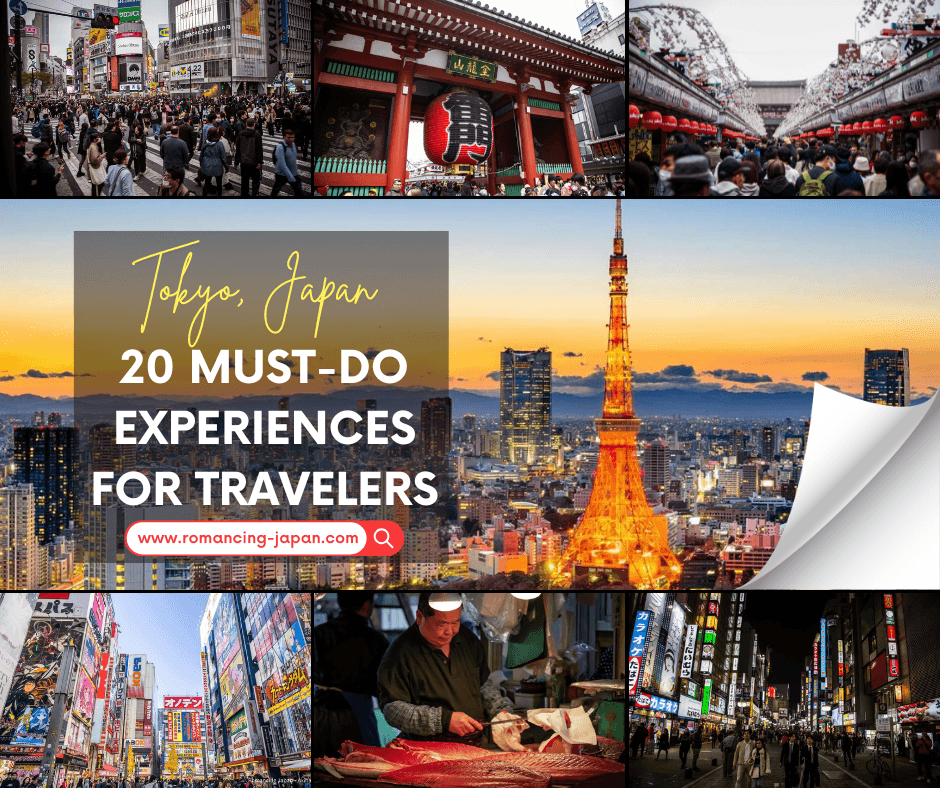
Tokyo Favorites: 20 Must-Do Experiences for Travelers
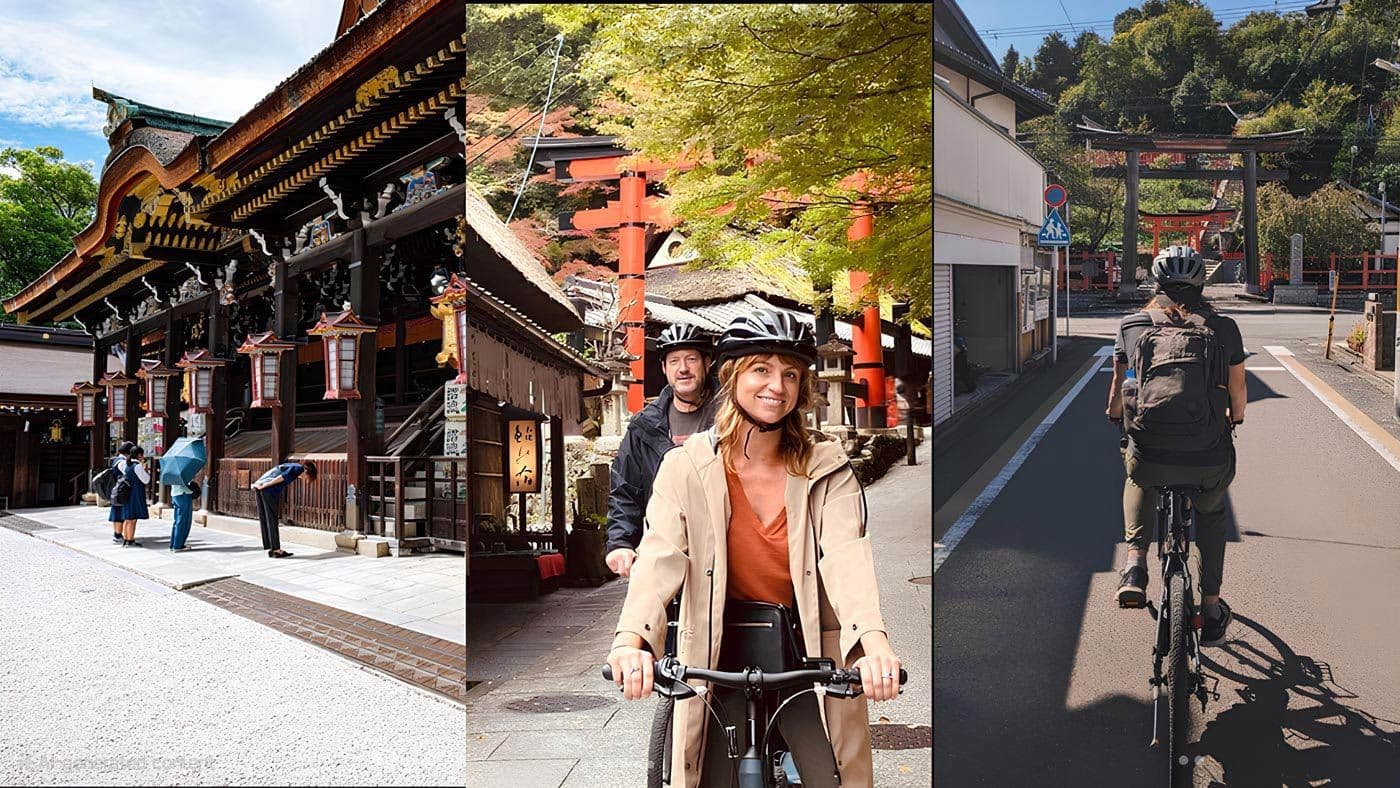
Kyoto Bike Tours: Discover the City’s Hidden Gems with Noru
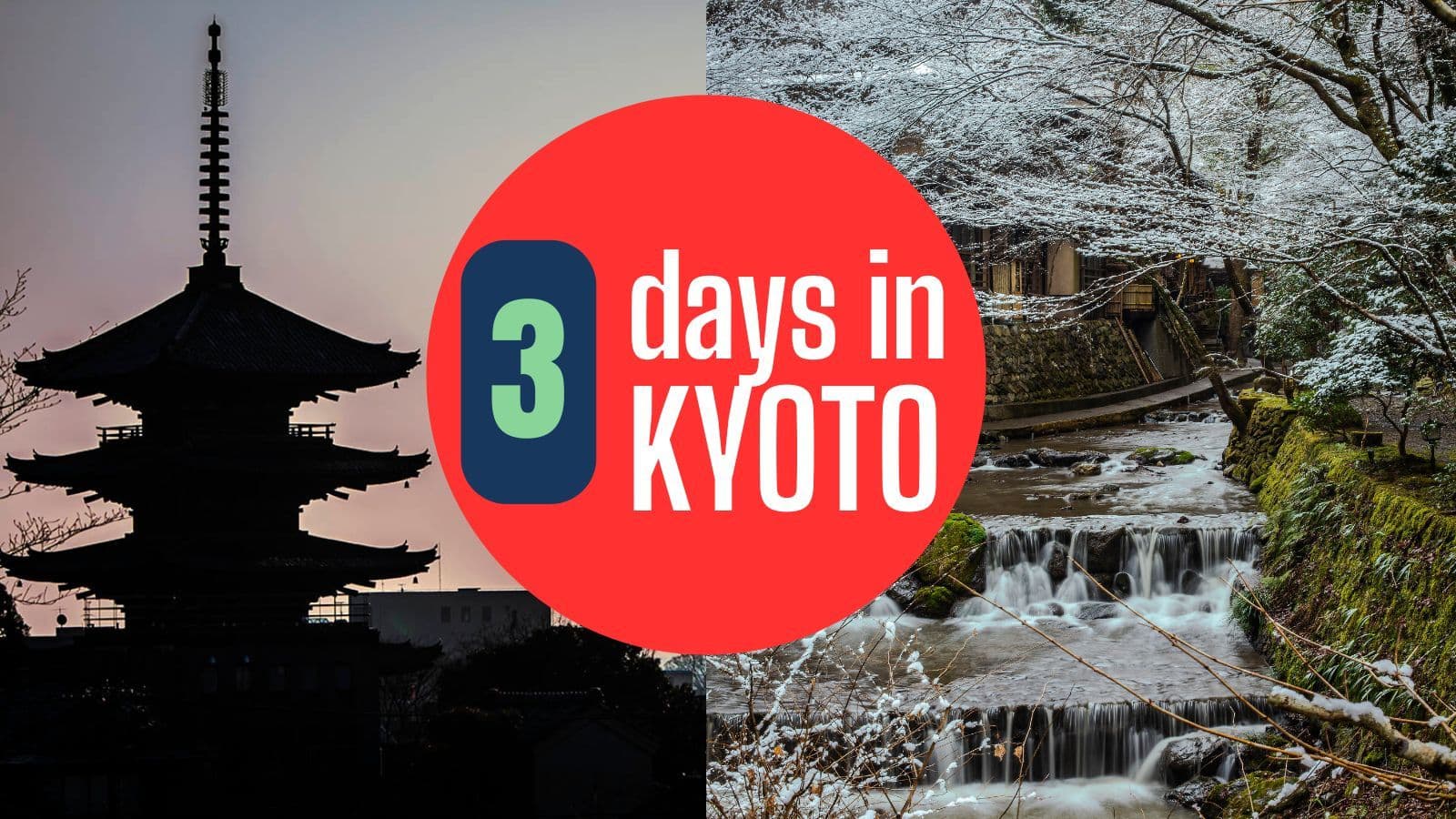
Kyoto 3-Day Itinerary: Best Things to Do for First-Time Visitors

Universal Studios Japan Tickets: Your Guide to Visiting USJ
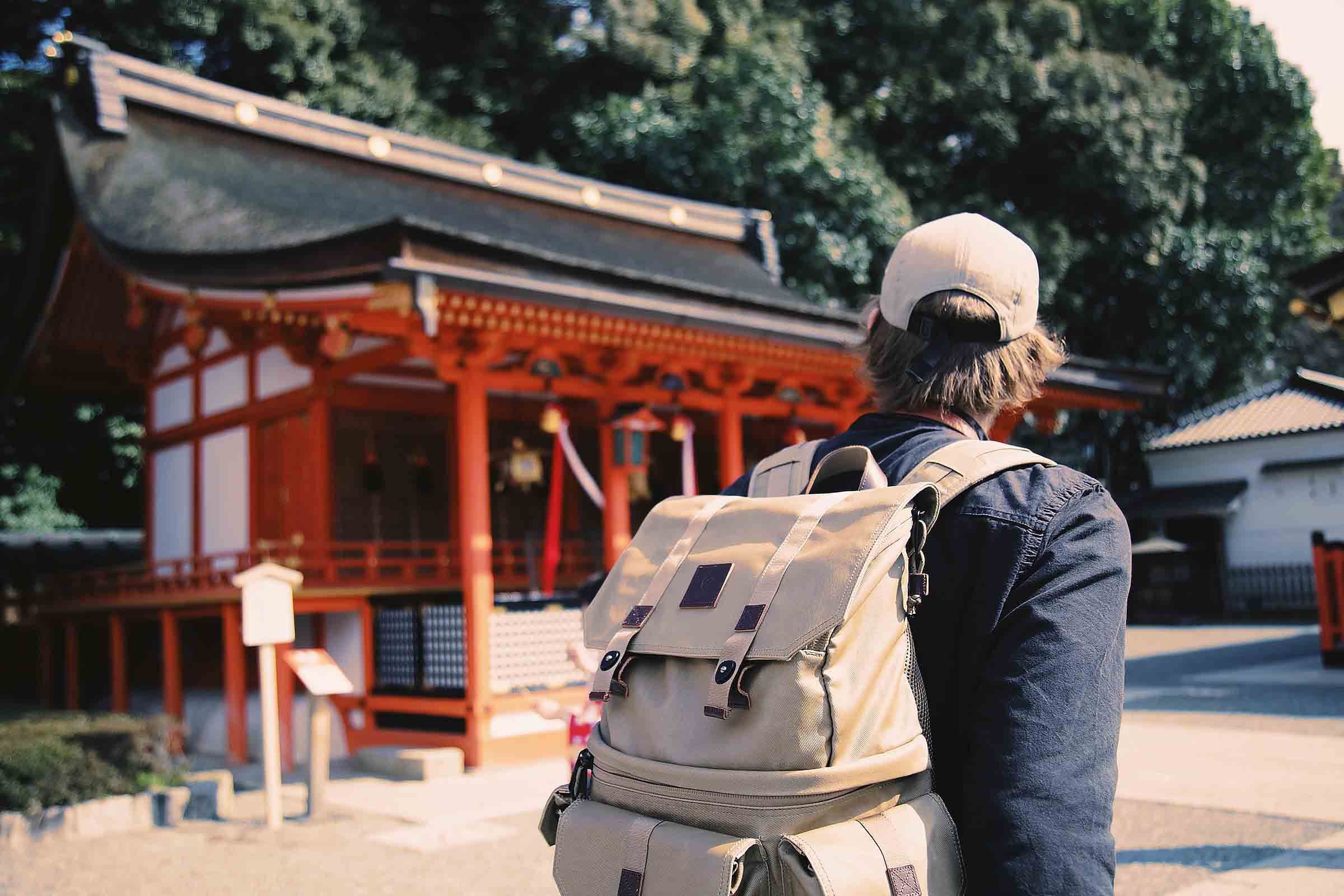
Find Out What Japan Really Thinks of Foreign Tourists
